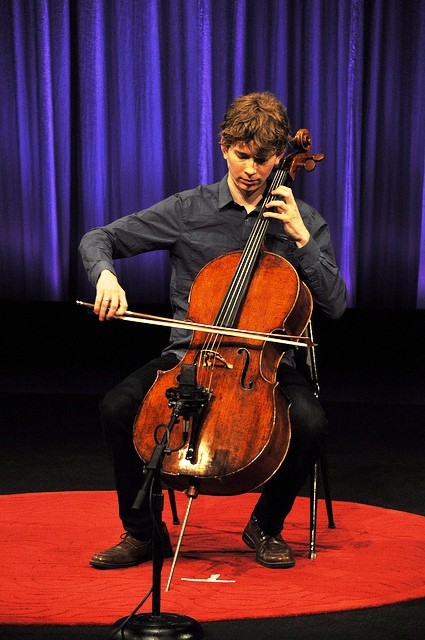Music Session for 30 Minutes Increases Left Brain Activity: Study

Music training can improve your language skills by increasing blood flow to the left hemisphere of the brain, according to a study.
Playing a musical instrument or even singing from a young age is known to improve creativity, spatial intelligence, team building skills. It also increases life span and memory in older people. Researchers from the University of Liverpool found that daily music session of half an hour improves left brain activity, an area related to logic, reasoning, language and math skills. The expert team carried out two separate experiments to record brain activity in musicians and non- musicians.
The first study involved 14 musicians and nine non-musicians who were given music and word building tasks. It was observed that during both tasks the musicians' brains had similar response triggering activity in the left area. But, this was not noticed in the non-musician participants.
For the second trial, another group of non-musician participants underwent word generation and music perception tests and researchers measured their brain activity patterns while subjects were involved in the task. The subjects had half an hour of musical training and their brain activity was again evaluated. The findings revealed the participants had increased blood flow to the left hemisphere of the brain, proving music enhances language processing skills.
"It was fascinating to see that the similarities in blood flow signatures could be brought about after just half an hour of simple musical training," said study author, Amy Spray in a news statement who conducted the research as part of summer internship at School of Psychology.
"This suggests that the correlated brain patterns were the result of using areas thought to be involved in language processing. Therefore we can assume that musical training results in a rapid change in the cognitive mechanisms utilized for music perception and these shared mechanisms are usually employed for language," said Georg Mayer, a Liverpool Psychologist.
The authors believe these results help explain why most musicians are known for their language fluency.
May 09, 2014 07:37 AM EDT





